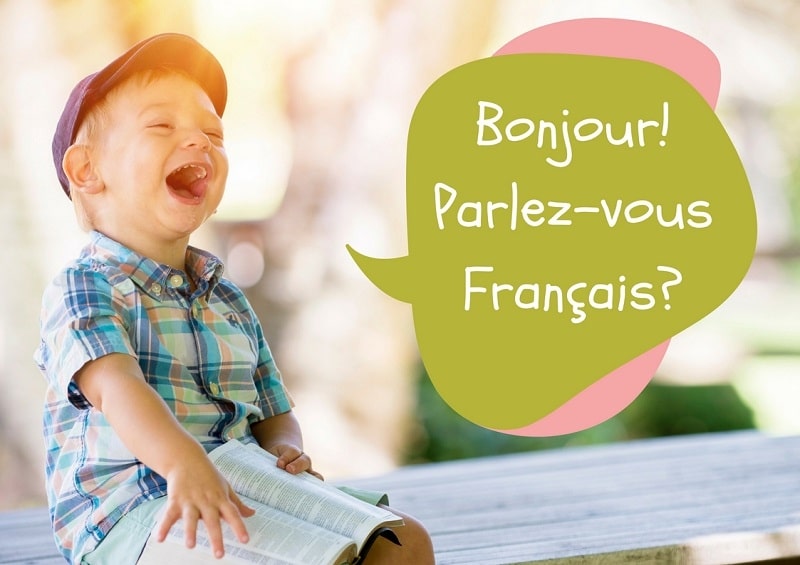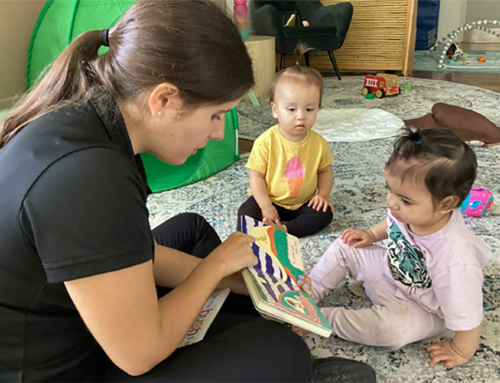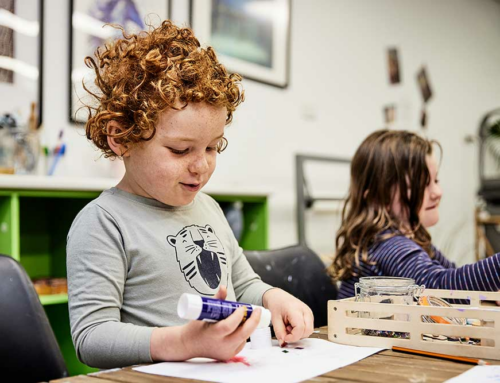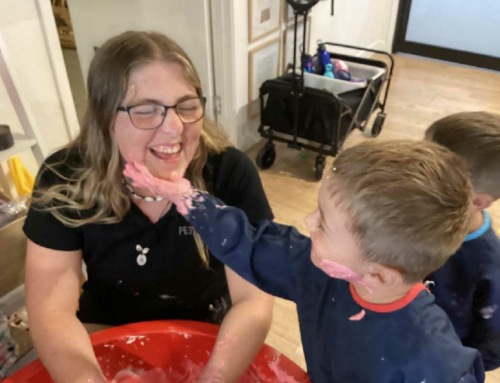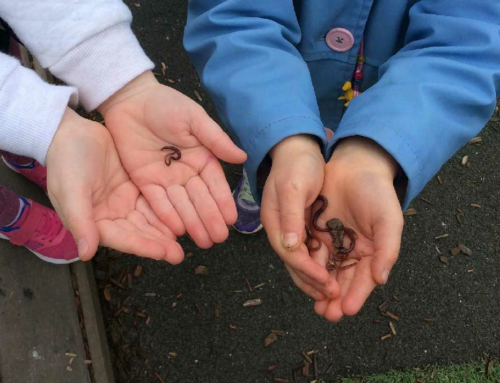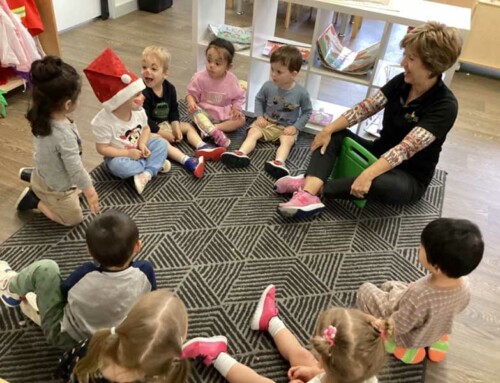Introducing your young child to a second language can help them develop linguistically, cognitively, academically and socially.
Recognising this, Petit Early Learning Journey Barton has introduced a bilingual program that teaches French to young children from 15 months through to toddlers and pre-school. Head leader Helena explains why the centre decided on French.
“A lot of children in the area learn French. We have the French Australian Preschool close by in Red Hill with nearby Telopea Park School as a feeder school. It made sense to choose French as our second language. The children will benefit too as they progress to pre-school and then to school if they wish to continue their French education.”
Reasons to start learning young
A child’s brain is like a sponge, able to soak up and absorb information a lot quicker and more easily than adults. With foreign languages, it is no different, children can grow up learning and benefit enormously.
“We wanted to start the children early so they can develop their language skills throughout their time with us,” says Helena. “It’s important they start as young as possible. Then as they grow we continue expanding and developing on that learning.”
Better linguistics in young children
Young children are experiential learners. They love to play. They are less self-conscious than older learners and are happy to practise their new-found skills often and without fear of embarrassment. Very young learners are also excellent at mimicking new sounds and pronunciation comes more naturally to them.
Developmentally, as soon as they start to learn language skills, children’s brains are ready to be introduced to a second language. Helena says the children learn very quickly.
“They enjoy it, especially the songs. That’s where they really pick up the language. To them, it’s no different to singing an English song.”
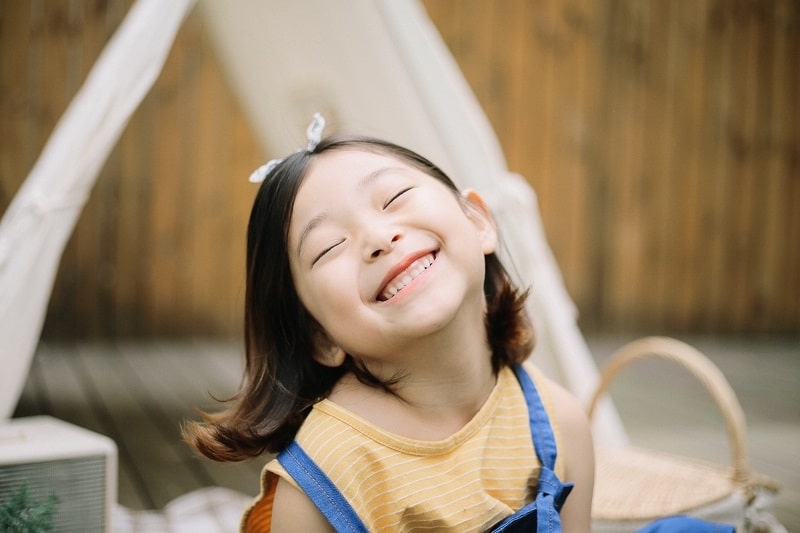
Cognitive benefits for a bilingual child
Many research studies have shown that children who learn a second language at a very young age reap the rewards when it comes to brain development.
Learning a foreign language is very much a cognitive exercise. Some of the areas of cognitive benefit include:
- memory
- problem solving skills
- critical thinking skills
- multitasking abilities
- creativity
With improved cognitive skills comes improved academic performance. The child’s critical thinking and problem solving skills, along with mental flexibility, lead to greater learning capacity in later years.
Leaders learning alongside the children
Prior to introducing a second language at Petit Early Learning Journey Barton, the leaders took a course in teaching two languages at once to help them understand all the benefits of being bilingual.
“Then we had to find the right French teacher,” says Helena. “She came to us from Alliance Française Australia here in Canberra and teaches with us once a week. For the rest of the week, our educators reinforce the lesson, as well as teach the children little French songs.”
A culturally enriching program
Learning a foreign language can open doors to many opportunities and connect children with their world. Bilingual children gain an appreciation for other cultures which enriches their lives now and into the future.
As well as French, Petit Early Learning Barton has introduced other languages into their program.
“We have team members who are Maori, Indian and Sri Lankan and one of the teachers speaks Spanish. We encourage them to bring in songs from their culture to teach the children. The children learn about other countries while learning different languages.”
Building a happier world
We want our child to grow up happy, healthy and with interest and curiosity for their world. In our multicultural society, there is a growing appreciation of the value of speaking more than one language.
Having a foundation in another language helps children become more comfortable in the world in which they live… and the people in it. The children at Petit Early Learning Journey Barton enjoy practising together and are building friendships along the way.
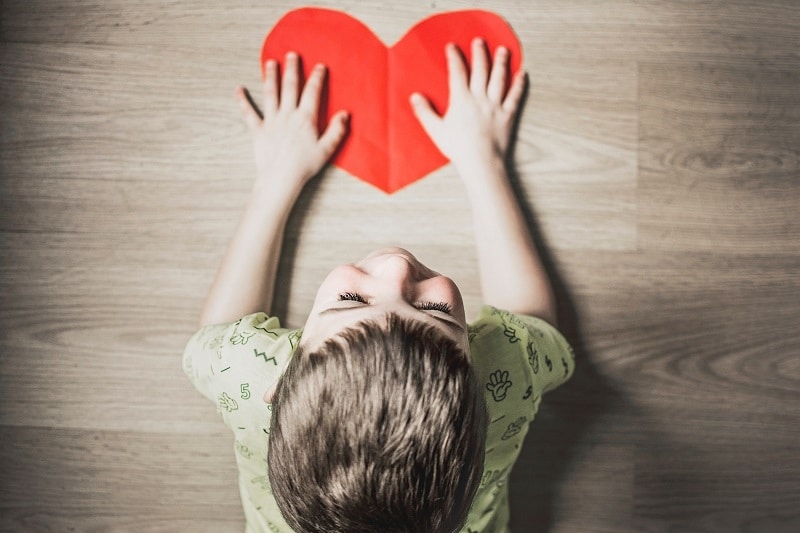
What do parents think?
The feedback from parents at Petit Early Learning Journey Barton has been extremely positive. They can see the benefits already in their children and are keen to see the program grows and develops.
“Parents think the program is fantastic,” says Helena. “Many had been asking us to introduce a language program for the children. They’ve been really happy now we have the program up and running and are enjoying the children bringing the songs home.”
The program at Barton goes far beyond cognitive, linguistic and academic development. It is building a happy little community of culturally aware children who Helena is sure will continue to develop their minds and hearts.
To find out more about Petit Early Learning Journey’s culturally rich programs, book a tour at any of our centres.
